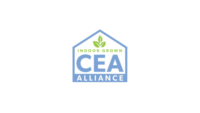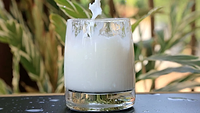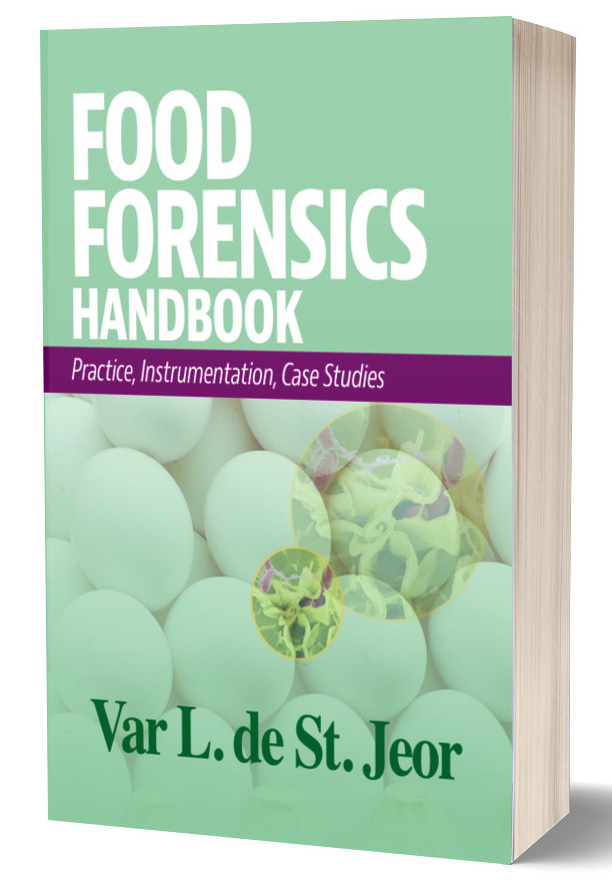BIZTRACKS
Edible Garden Spearheading Research to Further Food Safety in CEA

Credit: iamareri via Pixabay
The U.S. Department of Agriculture (USDA), the New Jersey Institute of Technology (NJIT), and hydroponic growers Edible Garden have partnered to study the food safety potential of nanobubble technology in controlled environment agriculture (CEA). The project is being funded by the U.S. Environmental Protection Agency (EPA).
At the same time, Edible Garden has also entered a partnership with Auburn University to work towards identifying potential sources of fresh produce contamination and implementing effective mitigation strategies. Controls for Listeria monocytogenes will be one focus of the research.
Nanobubble Research
Nanobubbles are tiny bubbles of gas that are smaller than traditional bubbles, and are believed to improve plant growth and crop yields in soil-based and hydroponic systems. The research will aim to validate the potential benefits of nanobubbles for CEA and explore their impact on plant health, water usage, nutrient utilization, and energy efficiency.
Research has demonstrated that employing nanobubbles in lettuce cultivation can substantially decrease the presence of pathogens like Escherichia coli and Salmonella on plant leaves, enhancing food safety and lowering the likelihood of foodborne illness. In addition, the application of nanobubbles can boost the effectiveness of disinfection techniques while simultaneously reducing the quantity of disinfectants required.
Edible Garden: www.ediblegarden.com
Looking for a reprint of this article?
From high-res PDFs to custom plaques, order your copy today!







